The Languages And Frameworks That You Should Learn In 2015
Last week, we asked you which were the languages and frameworks you were looking forward to learn in 2015. 47 of you replied, and here are your answers.
Languages / platforms
Node.js is the winner here, with PHP second, and JavaScript - third. There is an amazing community forming around Node.js, so it isn't a surprise that a lot of you are excited about it. If you know JavaScript, you are already half the way to building web apps in Node.js.
This is only half of the picture. Here are the frameworks that our readers are looking forward to picking up.
Frameworks
AngularJS takes the lead in the frameworks category. Large companies and enterprises have adopted Angular, which drives the demand for coders skilled in the framework. The fact that it is backed by some of Google's best engineers also helps it reach the top spot.
To help you make your choice, we've prepared an overview of the above technologies and more!
Here is what you should learn in 2015
Libraries and frameworks come and go, so it is risky to put the effort to learn every new thing that comes along. But here are our suggestions for languages and frameworks that we believe will stick around in the long run and are worth learning. They are all popular, have large communities, and give a lot of career opportunities.
1. JavaScript is everywhere

If you are doing web development, JavaScript is a language that you should know, regardless of what other language you write your backends in. These days you can use JS in the browser, on the server, in mobile apps and even on programmable hardware. ES6 will bring much needed improvements and will make the language even more powerful and easy to write. It is also a good idea to learn about Bower and npm, and also tools like jshint and jscs for code style and issue reporting.
2. AngularJS
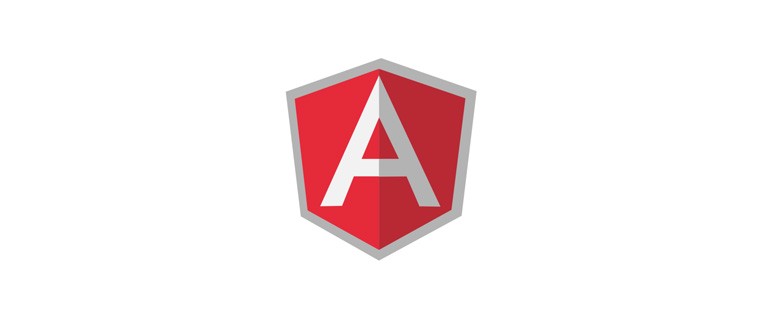
AngularJS is a JavaScript framework by Google, which quickly established itself as the enterprise way of building powerful web apps. With that recognition comes an increased demand for programmers experienced with the framework, and as a result, you will find it mentioned on the list of requirements of nearly every JavaScript-related job ad. But don't jump into it just yet. It has been said that a large rewrite and rethinking of Angular is coming soon, so it would be better if you wait until version 2.0 is released before picking it up. See our guide with angularjs examples.
3. React

React is the newest entrant in this list, but it proved itself a practical realization of the idea for reusable web components. The library is developed by Facebook and provides very fast performance thanks to its virtual DOM, and can be easily plugged into existing projects. It also has a very active community that develops all kinds of components. In our opinion, React has a lot of potential and is the framework to watch (and learn) in 2015. See our quick react tutorial.
4. Node.js

With Node.js you can develop networked server applications in JavaScript. It can be used for simple website backends using a framework like Express, API endpoints, websocket servers or even torrent clients. Node has an incredibly active community and surpassed every other language by module count this year. If you are a beginner, we recommend trying some of the interactive tutorials at NodeSchool.
5. NoSQL databases
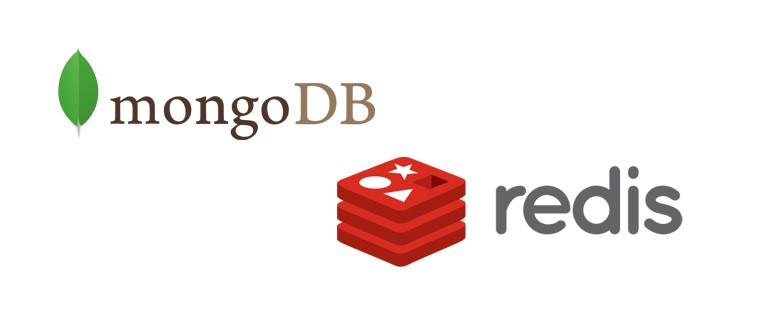
Databases which need neither tables nor SQL are highly valued by today's web developers and we believe these databases will only become more popular next year. The two noteworthy choices are Mongodb and Redis. It is much easier to get started with one of these databases than with MySQL and Postgres. But don't get fooled into thinking that NoSQL databases are a perfect replacement - in some situations a classic relational database will make your development easier even if it takes more effort to set up.
6. Less/Sass/Stylus
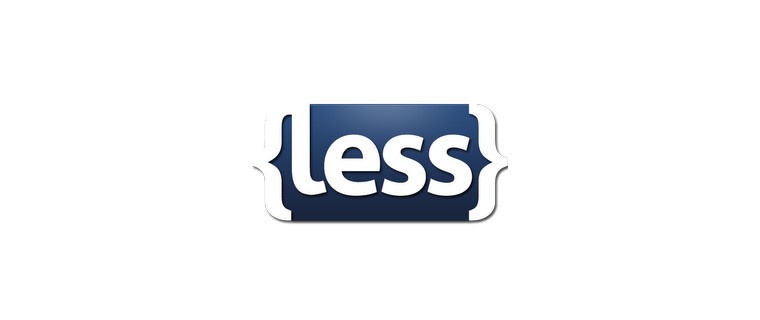
There is a lot to dislike about CSS. It is too easy to end up with an unwieldy 1000 line css file which is hard to navigate and change. To solve this, there are languages like Less, Sass and Stylus which are compiled to CSS and offer things like variables, macros and other goodies that will help you write better code. You can learn one of these in a single afternoon.
7. Exciting new frameworks

Meteor is a radically new approach to web application development which blurs the boundaries between front end and back end. It allows you to write reall-time apps, and has a rapidly growing community writing packages for it. Hood.ie is a smaller contender, but offers a novel approach. It handles the backend for you, so you can concentrate entirely on the front end of your application.
8. Exciting new languages
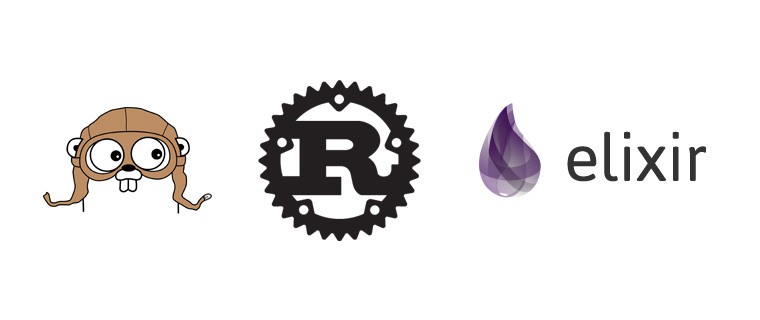
For the language nerds out there, here are some treats. Golang, Rust and Elixir are gaining momentum in programming circles and are used in situations which demand extremely high performance. We don't recommend moving your development to one of these just yet, but you might want to do the interactive tutorials that are provided on their websites.
9. A classic full stack framework
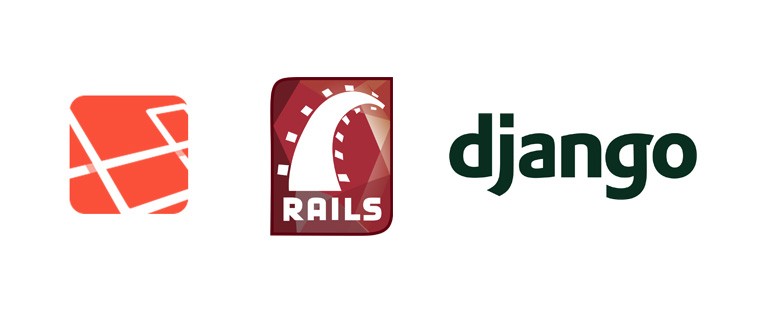
Even though single page applications are gaining popularity, there is still a huge demand for classic server-side web apps. Ruby on Rails, Django, Laravel, Play, ASP.NET are the top full-stack frameworks at the moment. But any solid MVC framework will do wonders to your productivity if you take the time to study it.
10. The old guard
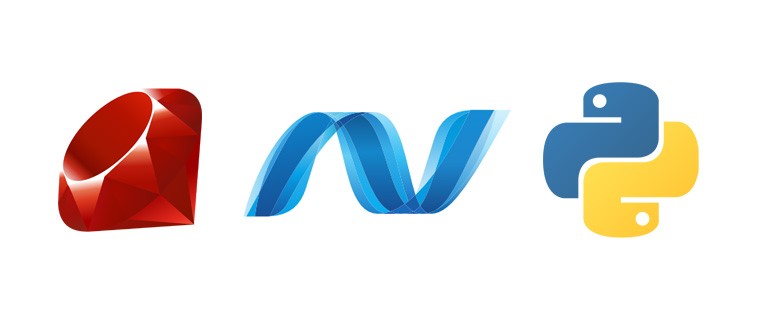
There is a large collection of established languages and platforms that are still in demand - Java, .NET, Python, Ruby. They have large communities and will look good on any CV. They all have their pros and cons, but it doesn't hurt to create small side projects in one of them every now and then. This is something that no programming course or tutorial will teach you and you will quickly get a feel whether that language fits with your way of work.
11. Don't forget these
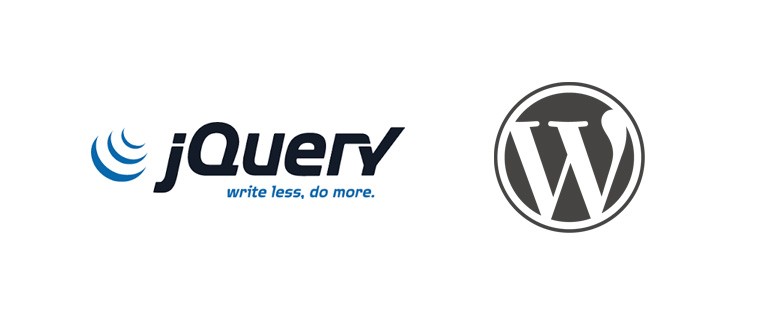
PHP, WordPress, and jQuery are still a perfectly valid way to create a website. WordPress has outgrown its blog platform past, and is now a powerful CMS/framework for developing a wide range of web applications. If you are a designer you should consider picking these technologies up. If you decide to go with PHP for your backend needs, don't forget about the good practices in PHP the right way. Also, if you haven't already, take a look at Bootstrap - it will help you write frontend code. There are also lots of bootstrap plugins you can choose from.
Bootstrap Studio
The revolutionary web design tool for creating responsive websites and apps.
Learn more
I want to thank everybody who participated in our survey and made this article possible. What do you think of our choices? Is there something you wish to change or suggest? We will love to hear it!
You have conveniently left out Dojotoolkit, despite it's one of the best full stack framework.
The best and the most exciting out of all these is I think Node.js. It has already been in huge demand and is that is increasing rapidly. Many of our clients were also interested in it, so we had a to get a team of developers specifically for Node.js. Hope so we'll have more work in this platform in the coming time, so we'll have to increase the manpower.
Great article! Thank you ))
Hi Martin,
Thanks for sharing this great article! I just start web programming, your site is a wonderful resource! There are too much to learn in web programming, I am always overwhelmed by the knowledge, I am learning HTML CSS and JavaScript, what do you suggest to learn in next step?
Don't decide too soon, I'd say.
Let that next step depend on what you feel attracted to when you have made some projects with HTML CSS and JavaScript.
If it's more front-end, choose Sass and Foundation (hey, missing in this list). If it's back-end stuff that you like, better ask somebody other than me :-)
I miss foundation from zurb too. I have no regrets for choosing it instead bootstrap.
For back-end i chose .net! Most specifically C#. Today i build my applications on Visual Studio, with HTML/CSS + Foundation and Jquery for the front-end, and C# for server side.
I'm really interested on learning Angular right now.
Thanks for the great collection. Looking forward to node.js
This is a great summary of the web programming landscape and where it is headed. As a former CodeIgniter user I am currently looking for a replacement and (imho) found it with Lavarel. Since you mention Django and Wordpress, I am missing Drupal (PHP-based CMS/framework) from the list. Drupal 8 will be released in 2015 and then includes Symfony to finally provide a OO framework.
Thank you for an excellent article. I would like to recommend adding total.js to the list of frameworks. Its excellent.
Why Angular.js? The framework will change significantly this year or next. So what ever you will learn now will be theoretically waste of time. I would give Angular at this moment the last position to learn. Polymer instead? Maybe?
Nice article as an overview of frameworks & languages, although I do wonder how much you can learn from a poll of 47.
Good article overall though.
Nice collection, but wait, you seriously didn't mention Polymer?
Great summary, in fact, AngularJS and React are already in my to-do list ;)
I suggest to take a look at famo.us too for building web apps, UIs and hybrid mobile apps.
Other frameworks allows you to be operative in no time but you must follow a certain DOM structure, instead with famo.us you're free to do whatever you want (it also has its own javascript engine, it runs blazingly fast).
I'm wondering why EmberJS isn't focused on here. The new Ember-CLI has a lot to offer, and I think people are about to adopt it over Angular.
How about Zend Framework?
I want to know more about nodejs, and want to try less
Where is Symfony 2 for Php ? I think that it deserves a place here
Id really like if foundation had a little more recognition as it is way better then bootstrap for me personally. (its written on SASS) Anyways, great article!
In the list is missing www.totaljs.com - Web application framework for node.js?
Thanks.
Very nice article. You've given a really good overview of what's hot on the year of 2015. Thanks.
Hi Martin,
I feel Yii 2.0 as strong competent to Laravel and it must get some space on your post. Thanks for giving this info and doing the survey. I will be looking for AngularJS, ReactJS in 2015.
SASS seems powerful to write and manage CSS.
Contraty to a popular opinion, PHP is not a language :)
Glad you made note about the upcoming AngularJS changes. It is a fantastic framework (in the right cases), but now is a time I might consider React. We have used both to great success. If anyone is interested, we have several articles on React, AngularJS, & NodeJS:
Also, our best application in recent years (SXSW interactive finalist) uses AngularJS and NodeJS extensively. These technologies are not just new, they can be powerful.
The article is really good and answered a few of my queries. If I am right this is mainly a list-to-do for web-developers. For a user experience designer or front-end web developer, what would you recommend, as learning all of them is not possible?